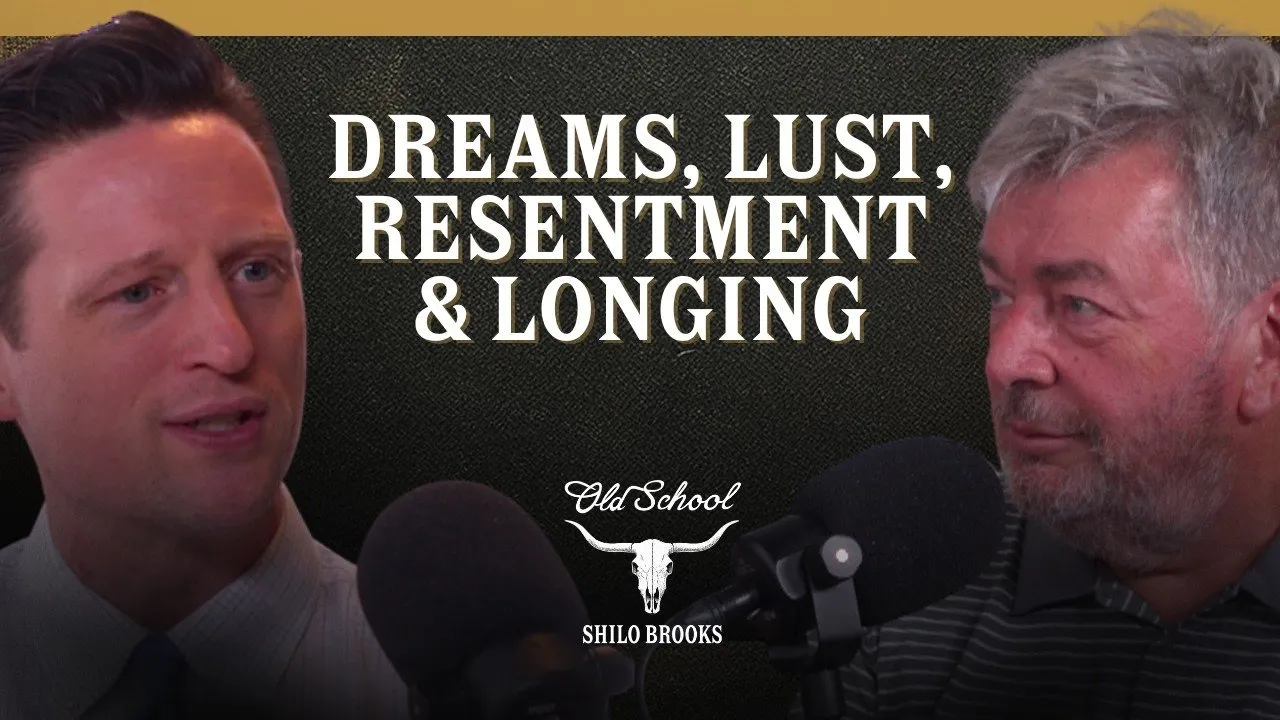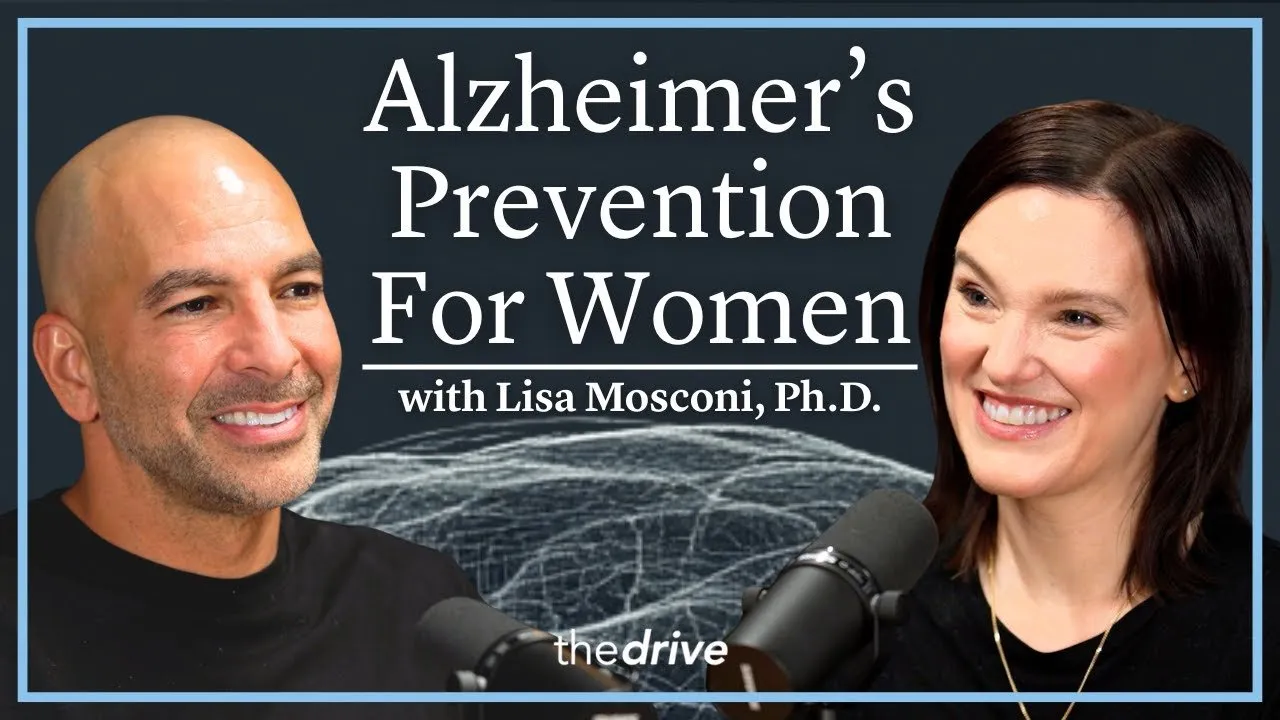Table of Contents
The fierce debate over whether declining faith is destroying Western civilization just got a lot more interesting, and the results might surprise you.
Key Takeaways
- Religious affiliation in America has plummeted from 90% Christian in 1972 to just 64% in 2022, while the "nones" have surged from 5% to 30%
- Both sides agree there's a crisis of meaning plaguing Western society, but they fiercely disagree on whether religion is the cure or the disease
- The pro-revival camp argues that removing religious foundations has led directly to political fanaticism, mental health crises, and social breakdown
- Secular advocates counter with data showing more religious societies actually have higher rates of social problems like homicide and divorce
- Christianity specifically gets defended as America's "operating system" that enabled everything from abolition to civil rights movements
- The technology revolution and social media may be bigger culprits in modern despair than declining religious belief
- Even committed atheists acknowledge that something needs to fill the "god-shaped hole" that secularism has created
- Young people in religious households show measurably better mental health outcomes despite identical exposure to smartphones and social media
- The debate reveals how desperately people are searching for meaning, whether through traditional faith or secular alternatives
- What's clear is that purely materialist worldviews struggle to provide the moral framework and community bonds that humans seem to crave
The Numbers Don't Lie: Western Faith Is Collapsing
Here's something that should make everyone pause, regardless of where they stand on the God question. The statistical picture of religious decline in the West isn't just dramatic—it's unprecedented in human history. We're witnessing what amounts to the largest shift away from organized religion that civilization has ever seen.
The data tells a stark story. In America, Christian identification has fallen off a cliff, dropping from 90% in 1972 to 64% in 2022. That's not a gradual cultural drift—that's a seismic shift happening within a single generation. Meanwhile, the religiously unaffiliated have exploded from a tiny 5% to nearly one-third of the population. Across the Atlantic, things look even more dramatic. In Europe, 70% of young people between 16 and 29 have never even attended a religious service.
But here's where it gets interesting: this isn't just an academic discussion anymore. There's fresh evidence that this trend might actually be starting to reverse. A massive new Pew survey found that Christian identification in America has finally started ticking upward again after decades of decline. Whether that's a blip or the beginning of something bigger remains to be seen.
- The decline accelerated dramatically right around the publication of books like "The God Delusion"—suggesting the New Atheist movement had real cultural impact
- Sweden represents the extreme end, with over 75% of young people claiming no religion at all
- Even this decline varies significantly by region, with some areas maintaining much stronger religious ties than others
- The "nones" category includes everything from militant atheists to vaguely spiritual people who just don't like organized religion
What's fascinating is how this massive cultural experiment is playing out in real time. We've essentially run a controlled experiment on what happens when societies rapidly secularize, and the results are... complicated.
When God Dies, What Fills the Void?
One of the most compelling arguments from the pro-revival side centers on a simple observation: humans seem hardwired for worship, and when you remove traditional religious outlets, that energy doesn't just disappear—it gets redirected into other channels that might be far more dangerous.
Ross Douthat made this point brilliantly when he argued that removing religious loyalties just causes people to pour those same religious energies into politics, "investing partisan allegiances with more intensity than they can bear." Look around at American political discourse today and tell me that doesn't ring true. The fevered devotion people show to political figures and causes has all the hallmarks of religious fervor, just without the moderating influence of actual theological wisdom.
The psychological evidence for this is pretty compelling. Remove religious community, and people start looking for solidarity anywhere they can find it—from the tribalism of identity politics to the paranoid conspiracy theories of movements like QAnon. Strip away metaphysical horizons, and young people find it easier to fall into despair, imagining a world where having children is pointless because AI or climate change will doom us all.
- Political movements increasingly function like religions, complete with sacred texts, heretical ideas, and excommunication rituals for doubters
- The "woke" phenomenon shares striking similarities with religious awakenings, including rigid orthodoxies and public confession rituals
- Social media creates artificial communities that mimic religious belonging while lacking the stabilizing traditions and wisdom
- Even committed atheists acknowledge the psychological void left by declining religious belief
The counterargument, of course, is that correlation doesn't prove causation. Maybe the rise of political fanaticism and social media-driven anxiety has more to do with technology and economic changes than with the decline of Sunday services. But the timing is awfully suspicious, and the psychological mechanisms make intuitive sense.
The Great Historical Smackdown: Did Christianity Build the West?
This is where the debate gets really heated, because it's not just about personal belief—it's about the entire story we tell ourselves about Western civilization. The pro-Christianity camp makes a sweeping claim: basically everything good about the modern West—democracy, human rights, scientific progress, individual liberty—flows directly from Christian foundations.
Aayan Hirsi Ali delivered this argument with particular force, pointing out that America's "operating system" is fundamentally Christian. She traced a direct line from the Declaration of Independence's "Creator" (which she argues is specifically the Judeo-Christian God) through Lincoln's invocation of divine authority to end slavery, all the way to Martin Luther King's biblical arguments for civil rights. Even the moon landing, she noted, included Buzz Aldrin taking communion and reading Scripture on the lunar surface.
But Michael Shermer wasn't having any of it. His counterattack was devastating in its scope: he pointed out that magnificent civilizations existed long before Christianity—the Greeks, Egyptians, Chinese, and others created art, architecture, literature, and technology without any help from Jesus. The Byzantine Empire was thoroughly Christian for over a thousand years and produced nothing resembling modern democracy or capitalism. Hell, early Christian America itself permitted slavery and denied women the vote for centuries.
- The abolition of slavery happened fastest in Christian nations, but those same Christian nations had practiced slavery for centuries while finding biblical justifications for it
- The Civil War was essentially a religious war between two competing interpretations of Scripture
- Every major rights revolution—civil rights, women's rights, gay rights—was initially opposed by religious institutions and leaders
- Christianity adapted to these moral advances rather than leading them, according to secular critics
What's particularly interesting is how both sides cherry-pick their historical examples. Yes, Christian abolitionists like Wilberforce played crucial roles in ending slavery—but so did secular Enlightenment philosophers. Yes, Martin Luther King grounded his arguments in biblical language—but he was opposed by plenty of Christian leaders who had their own biblical justifications for segregation.
The Science of Belief: Does Religion Actually Make Us Better?
Here's where we can move beyond philosophical arguments and look at hard data. Michael Shermer came armed with statistics that should make any religion advocate uncomfortable: when you compare the 19 major Western democracies and rank them by religiosity, then look at measures of social health like homicide rates, suicide rates, teen pregnancy, and divorce, you find a troubling pattern. The more religious a country is, the worse it performs on these metrics. And America, by far the most religious of the developed democracies, has the highest rates of social dysfunction.
That's not just inconvenient for the pro-religion side—it's potentially devastating. If religion is supposed to make societies healthier and more moral, why isn't it working? The correlation runs in exactly the opposite direction from what you'd expect if religious belief was a net positive for social wellbeing.
But the pro-revival side has their own data, and it's equally compelling. Aayan Hirsi Ali pointed to emerging research from Jonathan Haidt showing that teenagers in Christian households—even when exposed to the exact same technological and cultural pressures—show significantly lower rates of anxiety, depression, and suicide. The protective effect of religious community seems to be real and measurable.
- Studies consistently show individual religious believers tend to be happier, more charitable, and more civically engaged
- Religious communities provide social support networks that secular institutions struggle to replicate
- The correlation between national religiosity and social problems might reflect other factors like inequality and social instability
- Countries like Denmark and Sweden are often cited as successful secular societies, but they may be living off "borrowed capital" from their Christian past
The truth probably lies somewhere in the middle. Religion clearly provides psychological and social benefits for many individuals, but those benefits might not scale up to the national level. Or maybe causation runs the other way—societies with more problems turn to religion for comfort, creating a spurious correlation.
Technology Versus Transcendence: What's Really Making Us Miserable?
Adam Carolla made perhaps the most interesting argument of the entire evening when he suggested that our modern crisis has more to do with sedentary, screen-based lifestyles than with the decline of religious belief. We evolved to be on our feet, working with our hands, sweating, building things, facing real physical challenges. Instead, we've stuck everyone in cubicles, blasted them with air conditioning, and told them to do data entry all day. No wonder people are losing their minds.
This resonated because it explains something that purely religious or secular arguments miss: why the mental health crisis seems so acute among young people who've grown up entirely in the smartphone era. Studies show that hiking and classical music work better than antidepressants for many people. Maybe what we need isn't more church services but more time outdoors and less time scrolling through social media.
The technology argument also helps explain why religious households might show better mental health outcomes. It's not necessarily that belief in God provides some mystical protection—it might be that religious communities encourage practices that are psychologically healthy: regular social gatherings, periods of quiet reflection, limits on material consumption, emphasis on service to others.
- Social media creates a "narcissistic tumbler" effect where people obsess over their online image and constant validation
- Religious traditions often include built-in protections against technological excess—Sabbath observance, communal meals, face-to-face interaction
- The loss of physical purpose and meaningful work might be more psychologically damaging than the loss of metaphysical meaning
- Screen time and sedentary lifestyles correlate strongly with depression and anxiety across all demographic groups
But here's the thing: even if technology is the primary culprit, that doesn't necessarily argue against religious revival. Maybe what we need is communities and institutions strong enough to resist the worst effects of technological change. Religious traditions have thousands of years of experience helping people find meaning and community—secular institutions are still figuring it out.
The Surprising Verdict
After all the philosophical arguments, historical debates, and statistical analysis, the audience made their choice. The secular side—represented by Michael Shermer and Adam Carolla—won by changing more minds over the course of the evening. That's particularly striking given that the audience started out 73% in favor of religious revival.
What changed their minds? Probably not any single argument, but the cumulative weight of evidence that religious belief, while personally meaningful for many people, doesn't seem to deliver the promised social benefits at scale. The data on religious societies performing worse on measures of social health is hard to ignore. The historical record of religions adapting to moral progress rather than leading it is compelling. And the alternative explanation—that technology and lifestyle changes are driving our current crisis—offers a more concrete path forward than hoping for spiritual awakening.
But here's what's really interesting: even the winning side acknowledged that pure secularism isn't enough. Adam Carolla talked about wanting people to internalize moral principles rather than just following rules imposed from above. Michael Shermer argued for a revival of reason and rationality, but reason toward what end? Even militant atheists seem to recognize that humans need something transcendent to live for.
Maybe the real takeaway isn't whether we need religious revival, but whether we can find ways to provide the psychological and social benefits of religion—community, meaning, moral framework, hope for the future—through secular institutions and practices. That's a much harder challenge than just going back to church, but it might be the one our technological age actually requires.
The debate revealed something profound: we're all searching for the same things—meaning, community, moral clarity, hope for our children's future. The question isn't whether those needs are real, but which institutions and practices can best fulfill them in the 21st century. And honestly, the jury's still out on that one.









